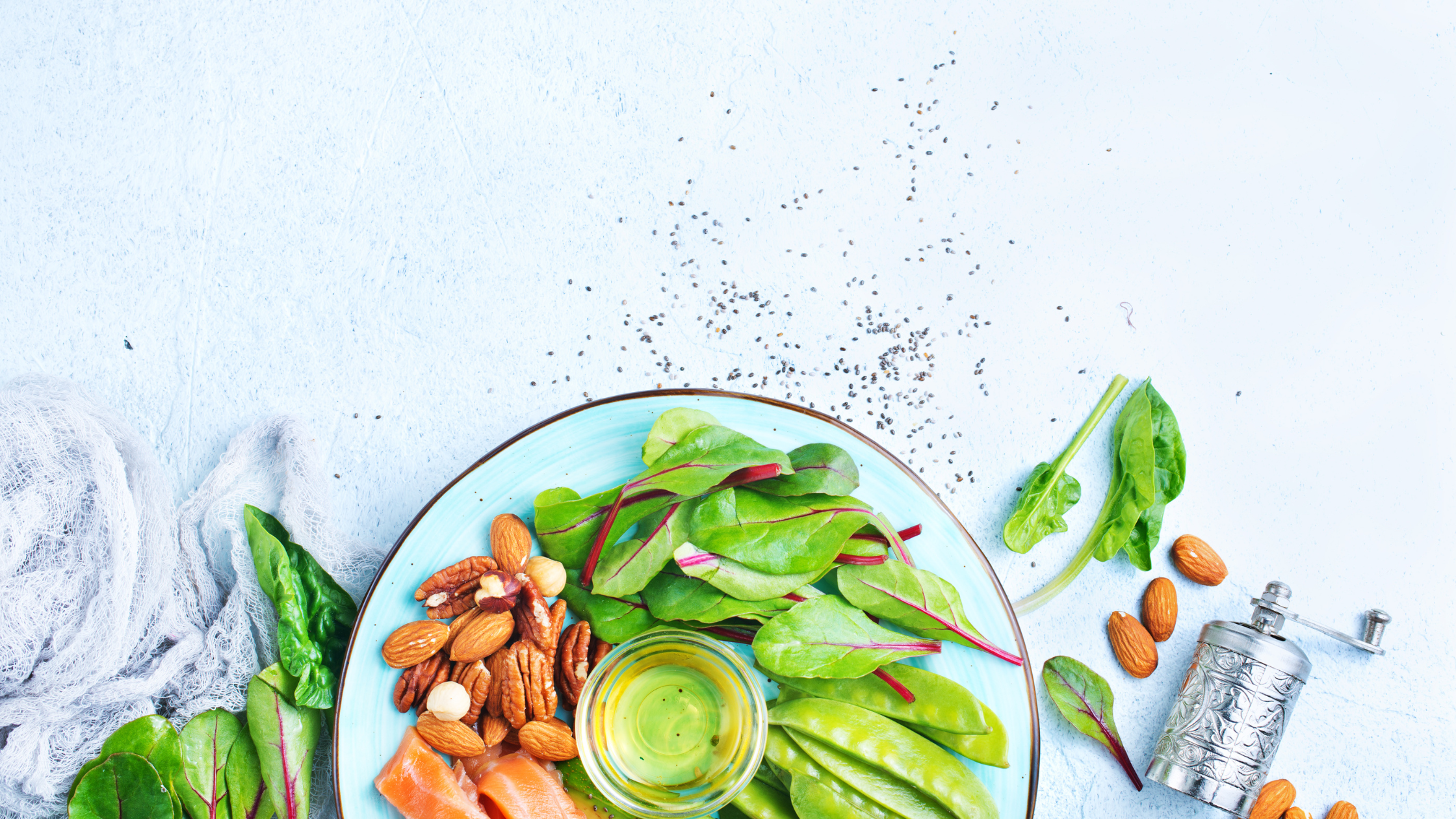I get questions daily from women asking how they can support fertility and improve pregnancy outcomes. And, if you have read anything from us, you know that there are in fact quite a few ways to do this. Fitness, mindfulness practice, keeping BMI in a healthy range, ensuring environmental toxin exposure is as low as possible, and, of course, nutrition (or lack thereof) can play a role.
In this 3-part series, I want to touch on how antioxidants, can improve pregnancy outcomes and how you can easily learn to incorporate these into your daily life.
But first…
Your Personal Bouncer
Antioxidants are compounds found in foods which help to inhibit oxidative damage to cells (think cellular rusting) and can cause illness and aging. Clearly, both illness and aging are unwanted when it comes to supporting positive fertility outcomes.
Examples of antioxidants include brightly coloured foods such as blueberries, broccoli, and raspberries. In fact, “In vitro and in vivo studies have demonstrated the beneficial effect of many antioxidant factors on sperm, pregnancy rate and live birth rates”
One Master Antioxidant
One vital hormone that doubles as an antioxidant, is Melatonin – probably best known for helping to balance sleep-wake cycles.
Melatonin is a potent antioxidant found in follicle fluid (fluid around egg cells) and, lucky for women, melatonin scavenges free radicals, helping to protect eggs and ultimately support improved pregnancy and birth rates.
And great news for those embarking upon IVF; clinical studies also suggest that melatonin supplementation in IVF may lead to better pregnancy rates.
Melatonin is, however, suppressed by light exposure, so to reap the major benefits of this beauty, here are a few tips for managing melatonin:
✔️ Limit light exposure in the evening from bright overhead light and opt for dim floor lamps.
✔️ Keep screen-time, especially before bed, to a minimum and consider blue light glasses to help mitigate the impact of light
✔️ Ensure you get plenty of direct sun throughout the day
✔️ Stick to similar sleep-wake times and not staying up too late or sleeping in too late can support optimal melatonin production.
Eat These
To boost your antioxidant load, focus on these foods → fatty fish, goji berries, mushrooms, and basil.
Here’s a more complete list!
Lastly, to help, here’s my favourite antioxidant-loaded pesto recipe – perfect for these warmer (North American) days. Enjoy!
Other articles/recipes you may like:




